Ibrahim Shikaki
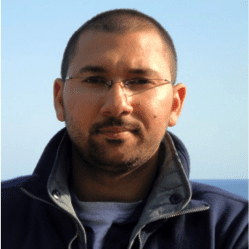
Al-Shabaka policy analyst, Ibrahim Shikaki, is assistant professor of economics at Trinity College, Hartford, CT. He earned his PhD from the New School for Social Research (NSSR) in New York, and held teaching positions at NSSR, The International University College of Turin, Birzeit, and Al-Quds universities. He also held research positions at the Palestine Economic Policy Research Institute (MAS) in Ramallah and Diakonia’s IHL Research Center in East Jerusalem. His recent writings include an upcoming chapter on the political economy of dependency and class formation in Palestine, and a brief on the economic aspects of Kushner’s Bahrain Plan.
Hashem Abushama
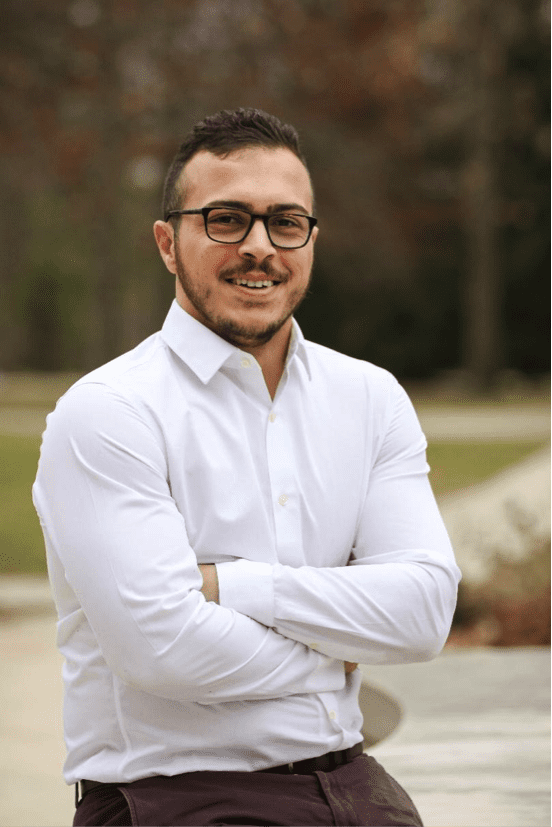
Hashem Abushama graduated from Earlham College with a BA in Peace and Global Studies. In 2015, Abushama became a Youth Representative of Palestine Refugees at the United Nations. He was appointed as a Youth Ambassador to the UNRWA@65 Conference in the United Nations Headquarters in New York. At Earlham, Abushama served as the President of the Earlham Student Body. Recently, he has been selected as one of first two Rhodes Scholars from Palestine. While at the University of Oxford, Abushama hopes to pursue his graduate studies in International Development with a particular focus on Refugee and Forced Migration Studies.
Hala Turjman
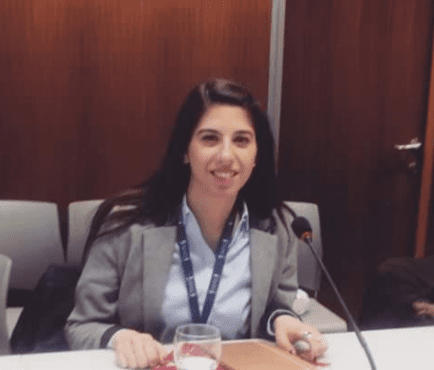
Al-Shabaka Policy Member Hala Turjman holds a BA in Political Science from Birzeit University and Sciences Po Rennes, and an MA degree in EU International Relations and Diplomacy Studies from the College of Europe, specialized in Security and Justice. Her dissertation was a critique of EU development aid policy, gender mainstreaming and the implementation of UNSCR 1325 in Palestine. Hala was a Schuman Fellow at the European Parliament in the Middle East Unit. She is currently a researcher at the European Institute of Peace, focusing on situations of conflict in the MENA region, mainly in Syria and Libya. In past years Hala has also taken part in a number of grassroots campaigns and community initiatives in Palestine.
Dena Qaddumi
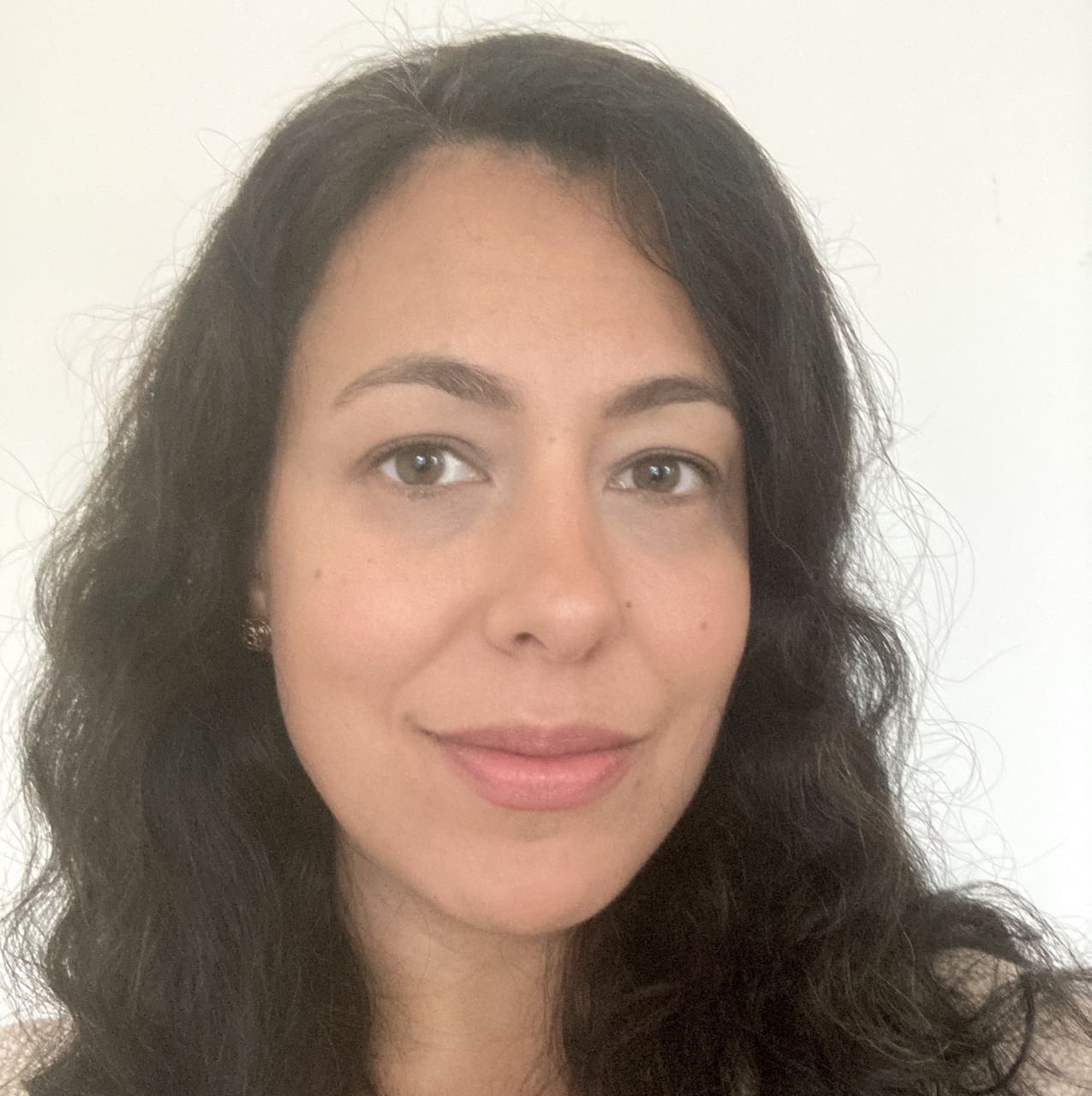
Dena Qaddumi is an architect and urbanist currently based in Doha. Her research interests are primarily concerned with how social movements engage with urban space and how this process creates new avenues for citizenship formation.
Caroline Abu-Sada
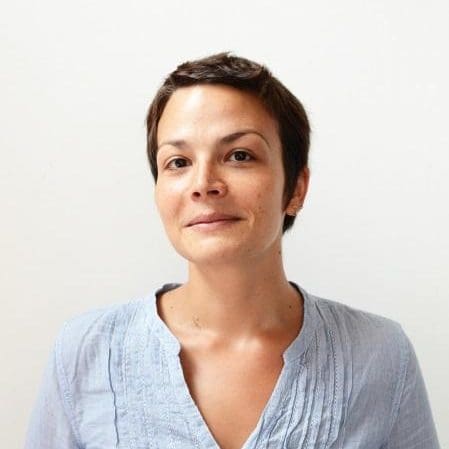
Caroline Abu-Sada is Director of the Research Unit of Medecins Sans Frontieres Switzerland, and an Honorary Lecturer at the Humanitarian and Conflict Response Institute (HCRI), University of Manchester. She has worked on food security, agriculture and health issues, and coordinated programs in the Middle East for Oxfam GB, the United Nations and MSF Switzerland. Dr Abu-Sada works include “ONG palestiniennes et construction étatique, l’expérience de Palestinian Agricultural Relief Committees (PARC) dans les Territoires occupés palestiniens, 1983- 2005”, IFPO, Beirut, 2005; and “Dilemmas, Challenges, and Ethics of Humanitarian Action”, Mc Gill-Queen’s University Press, 2012. She has taught political science at New York University, Paris and at Sciences Po, Lille.
Asmaa Abu Mezied
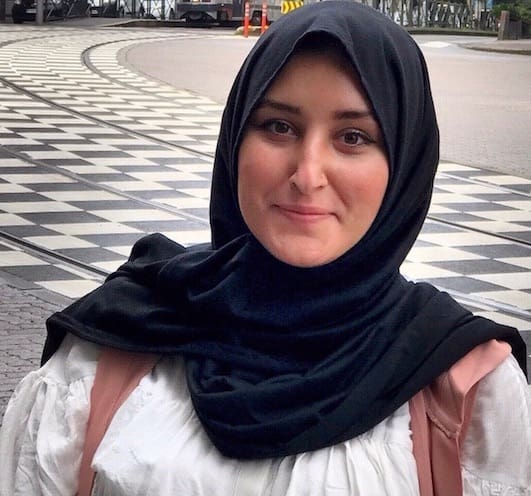
Asmaa Abu Mezied is an economic development and social inclusion specialist working with Oxfam to address issues of gender, development, and climate change in the agriculture sector. Her research interests focus on the care economy, women’s collectives organizing in economic sectors, the private sector’s social accountability, and the intersection of Palestinian political, agricultural, and environmental identities. She served as Al-Shabaka’s 2022 Visiting Gaza Fellow and was previously an Atlas Corps Fellow in partnership with President Obama Emerging Global Leaders, a Gaza Hub-Global Shaper (an initiative of World Economic Forum), and a 2021 Mozilla Foundation Wrangler at “Tech for Social Activism” space.
Alaa Tartir
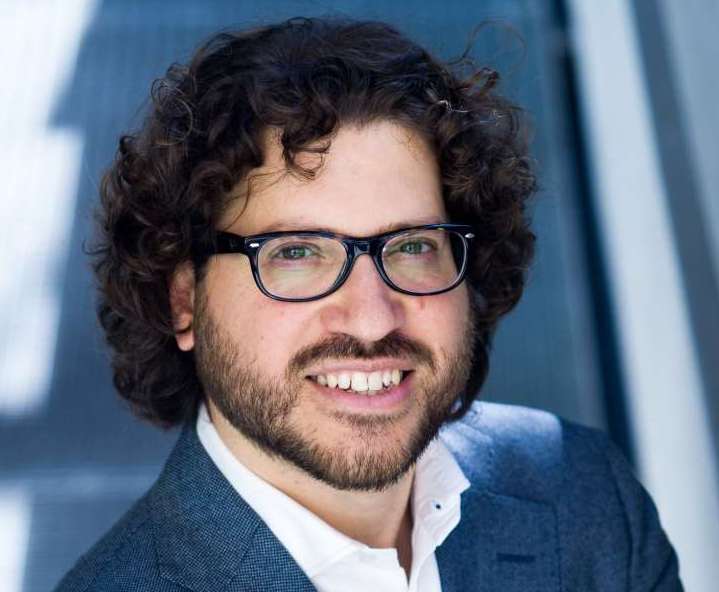
Alaa Tartir is Al-Shabaka’s program and policy advisor. He is a senior researcher and director of the Middle East and North Africa Programme at Stockholm International Peace Research Institute, as well as a research associate and academic coordinator at the Geneva Graduate Institute, global fellow at the Peace Research Institute Oslo, and governing board member of the Arab Reform Initiative. Alaa holds a PhD from the London School of Economics and Political Science and is co-editor of Resisting Domination in Palestine: Mechanisms and Techniques of Control, Coloniality and Settler Colonialism (2023), Political Economy of Palestine: Critical, Interdisciplinary, and Decolonial Perspectives (2021) and Palestine and Rule of Power: Local Dissent vs. International Governance (2019). He can be followed on Twitter (@alaatartir), and his publications can be accessed at www.alaatartir.com.
Ahmad El-Atrash
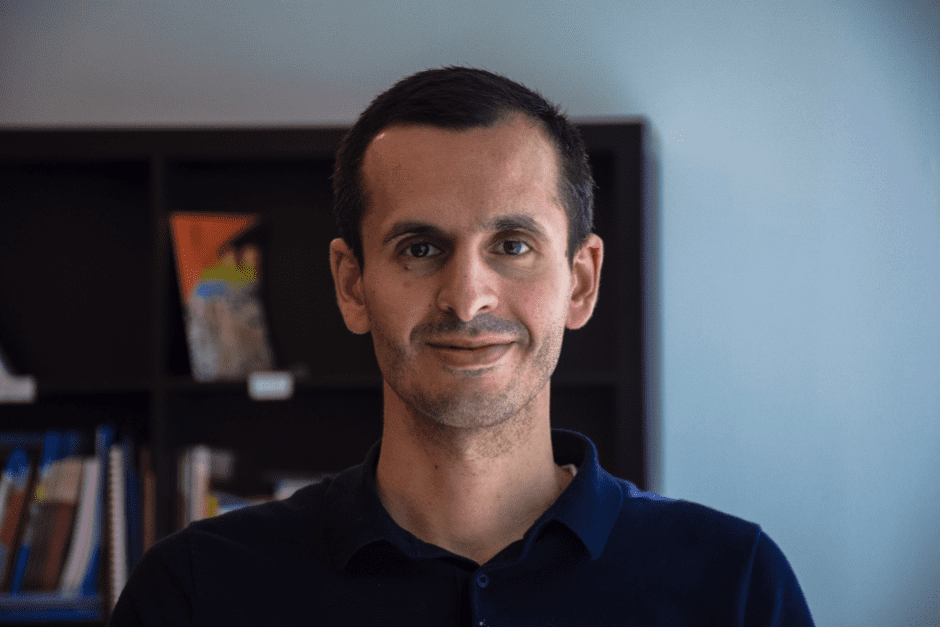
Al-Shabaka Member Ahmad El-Atrash is a Palestinian spatial planner and urban development specialist. He has extensive experience working with think-tanks, academic institutions, NGOs, and UN agencies in issues related to geo-political and strategic planning, governance reform, resilience, and sustainable development within the Palestinian context. Ahmad has a PhD in Spatial Planning from TU-Dortmund University in Germany.
Nadi Abusaada
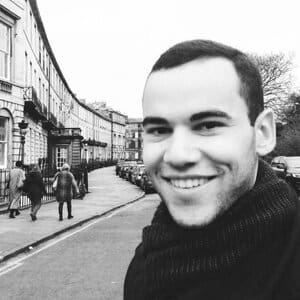
Nadi Abusaada is an architect, urbanist and a historian. He is currently an Aga Khan Postdoctoral Fellow at the Massachusetts Institute of Technology (MIT) in the United States. Nadi’s PhD at the University of Cambridge examined the history of urban planning and urban governance in late Ottoman and Mandate Palestine. Nadi is also the co-founder of Arab Urbanism, a global network dedicated to historical and contemporary urban issues in the Arab region. His writings have been featured in a number of international publications including The Architectural Review, The International Journal of Islamic Architecture, and the Jerusalem Quarterly among others.









